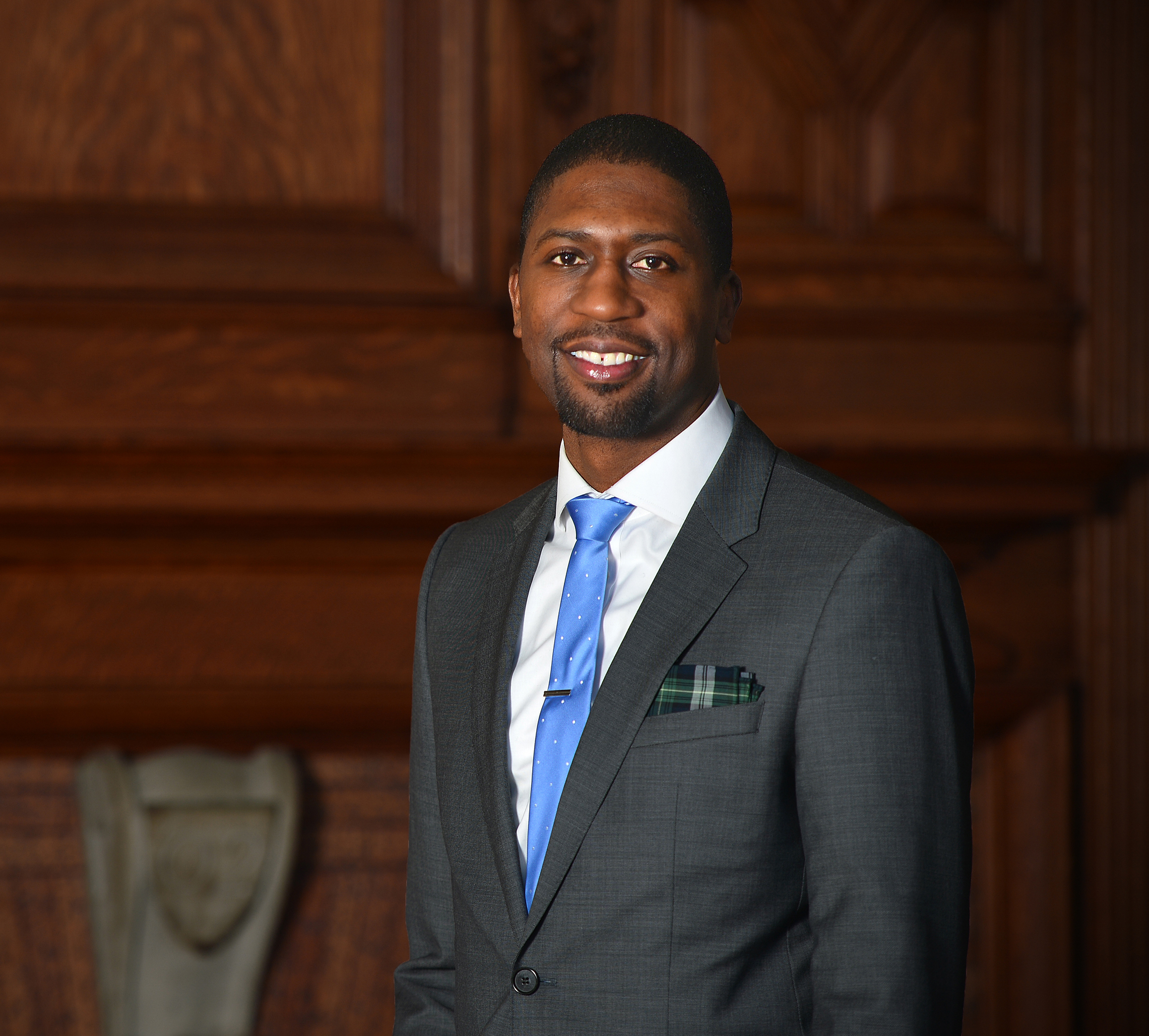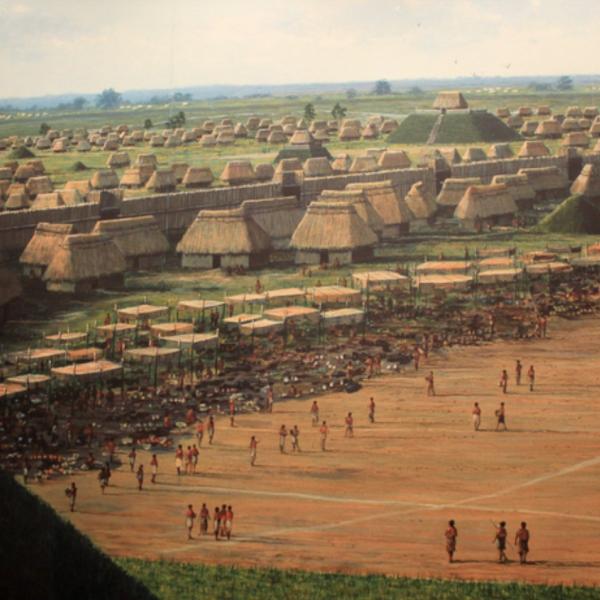
The Ampersand sits down with Lerone Martin, an assistant professor of religion and politics, to talk about his latest research, the importance of critical analysis, and looking at institutions from different standpoints.
What is your current research about?
I’m studying the relationship between religion and national security, specifically the FBI under the directorship of J. Edgar Hoover. My research considers the way FBI, clergy, and faith communities established particular ideas about national security in the 20th century. I am publishing the book on with Princeton University Press in 2019.
I know you have also worked with prison systems. Can you speak more to that work as well?
I helped assess an education program at the New York State Sing Sing Prison, specifically the NY Theological Seminary’s master’s program inside the prison. I worked with a team of researchers to figure out if this program aided in reducing recidivism, so in other words, if we have men who are incarcerated, and we give them an opportunity to get an education--in this case an education that looks at the intersections of religion and society, not aimed at conversion--does it aid them when they are released? We did find that the rates of recidivism were significantly lower with the gentlemen in these programs—most of them were able to get jobs when they were released. One man who completed the program started an outreach for ex-offenders, Exodus Transitional Community. The founder was lauded and hosted by the White House.
Do you do any similar programming in St. Louis?
I work with Mission St. Louis, a religious affiliated nonprofit. They have a couple components, but I specifically work with Job Corp, where I’m a mentor for young men who are obtaining job skills. The program connects them with internships, and are getting help finding employment. I’m also on the advisory board for the Prison Education Program (PEP) here at WashU. PEP provides high quality liberal arts education to people incarcerated in Missouri and to prison staff. I am slated to teach a course in PEP in the near future.
What is the overarching message you want to evoke through your work and research?
My research trajectory looks at the American religious experience and its intersection with politics in the 20th century. I’m always thinking about the role of religious broadcasters, how religious communities have harnessed the power of various communication technologies—the phonograph, radio, and television, and how these individuals and their cultural production has influenced—and been influenced by—America’s political landscape in the 20th century. Race, class, and gender are central in my analysis. And I want to be clear that when I say race, I do not just mean people of color. Rather, I’m thinking of race as a social construct, as an analytical category... I look at how religious broadcasters have constructed ideas of racial difference and even public policy that furthers ideas about racial difference.
"Du Bois has this great quote: 'Education must not only teach work but must also teach life,' and I think that is liberal arts education at its best."
I think also a goal and pattern in higher education is to question systems and principles around us. Do you try and do that in your work?
Yes, I taught a class about the FBI and American religion and politics in Fall 2015. I was able to have a former agent from 1963-1988 visit class, which was really cool. I think in order to question the institutions that make up our democracy, there is a certain sense that we cannot help to form them or hold them accountable until we actually know about them. For example, in order to understand the FBI, we need to look at the FBI’s role, when and why they were established, what conditions made us decide we needed an FBI, and what the mission or the aim was. Once we understand that history, we can ask if the mission of the FBI changed, and if so, why? We can ask informed questions as to rather or not the FBI has been true to its mission, or if that mission was flawed in the first place. That way, we can not only question these institutions, but also hold them accountable to help further the aims of our democracy.
Du Bois has this great quote: “Education must not only teach work but must also teach life”, and I think that is liberal arts education at its best. We are not just teaching students how to get a job, or how to be better in a profession (although obviously there are aspects of that), but we are also teaching people about life, about what it means to be a responsible and engaged citizen in the American experiment in democracy. We’re teaching hard skills for sure, but we’re also doing the soft skills, which is about professionalism, self and social awareness, engagement with civic concerns and responsibilities. That’s what I think WashU is really poised to do because we have excellence on both sides, both in our professional and liberal arts curriculum. I think we are always accomplishing, pursuing, and chasing that mission, to not only teach work but also teach life.
So the question is not simply, “Will you be a chemist? Will you be a physician? Will you be a historian?” The question is, “What kind of chemist, physician will you be?” Will you be engaged in debates about healthcare? Engaged about health services, bedside manner? The importance of history to public life? It is always about what kind of professional will you be, what kind of life will you live and the kind of community you will inhabit and leave behind for those who come after you.
I definitely get a sense that learning is about really engaging in things you’re curious about, and then questioning it, constantly.
Yeah, that’s what this time is for, to take classes you’re curious about, you’re interested in, and then critiquing. There can be no great disappointment where there is no great love. Most of us are committed to our institutions, our universities, our schools, because we have great expectations, and we have great disappointment when those expectations are not met. Those who don’t want to hold our institutions accountable, and only want to lobby praise, that isn’t really love, that’s infatuation. You really have to say, “I want you to do better, I know you can do better, and I want to help you do better.” And then you have to get in the game to help. I think that that is what love does. And you can see that in black people in America, women in America—marginalized populations have done that for this country. They have made poetry, books, music; they have served, died, and sacrificed their bodies to make America all that she is meant to be—and you really can’t do that unless you have love.



